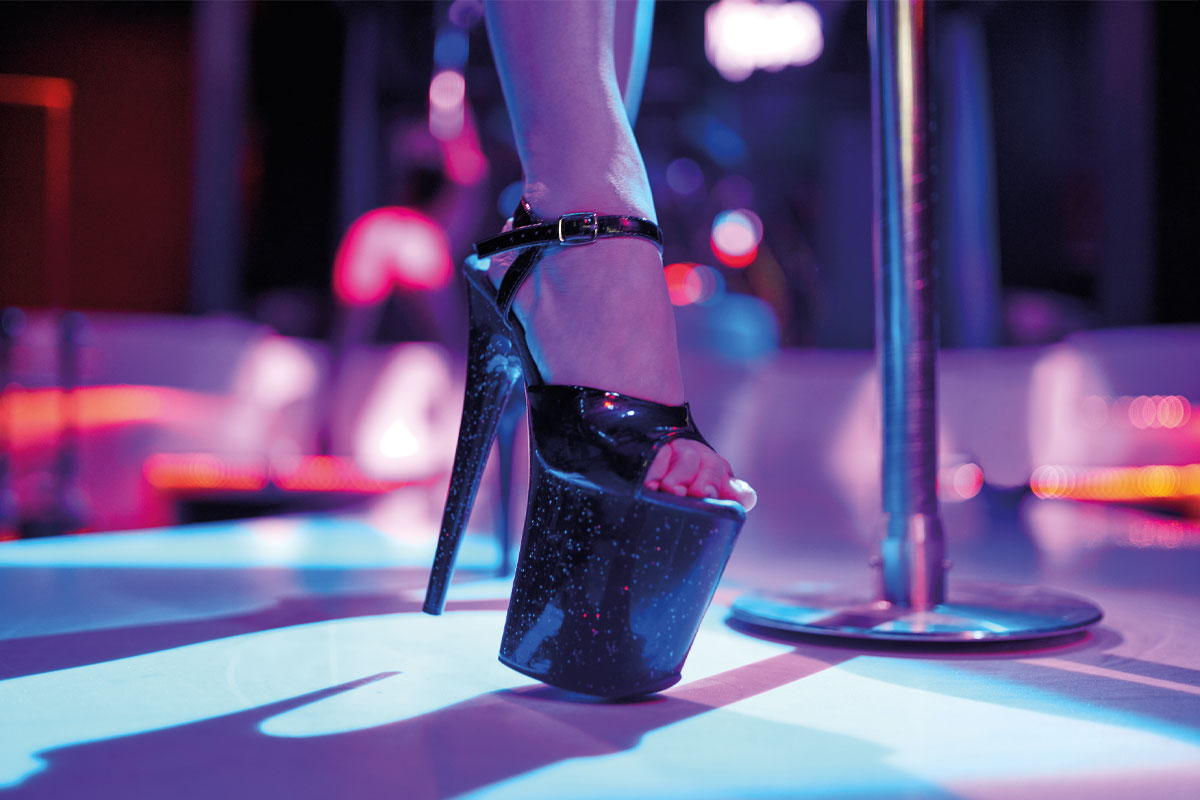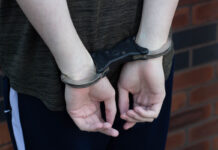With livelihoods at risk, attempts to overturn the ‘ban’ are likely

“BRIGHTCREW”: the Court of Session ruling that made a major impact on licensing boards’ approach to decisions – making it licensing lawyers’ favourite appeal judgment – and also helped to progress campaigners’ calls for the introduction of sexual entertainment venue (SEV) licensing.
Here’s the background.
In 2008, Brightcrew Limited, the owner of Glasgow lap dancing club Spearmint Rhino, applied to the city’s licensing board for the conversion of its entertainment licence to the new form of premises licence, declaring “adult entertainment” as an “activity” taking place on the premises.
But the board rejected the application on the basis that it was inconsistent with the licensing objectives, and also found that the premises was unsuitable for the sale of alcohol.
There had been no complaints about the operation of the venue and the application failed to attract opposition from the police or any other source.
Nevertheless, the board –which appeared to be taking a principled stand against sexual entertainment – found that the club had breached a “code of conduct”. There had been a number of allegations: for example, physical contact between dancers and customers; a failure to provide chilled drinking water; and the removal of lower garments by performers.
There was also an unsubstantiated claim that Brightcrew employees had “unzipped their cat-suits and exposed their breasts whilst handing out flyers” in a Glasgow street.
Brightcrew failed in its attempt to overturn the decision in the Sheriff Court but proceeded to victory in the Court of Session.
Three senior judges accepted its argument that the board had, in essence, exceeded its powers by straying into areas with which licensing was not concerned. The breaches of the code of conduct had nothing to do with the sale of alcohol. Moreover, the board’s approach to the preparation of risk assessments took it into territory within the remit of other authorities, such as the health and safety executive.
Licensing boards had always been apt to use licensing applications as a lever to enforce matters governed by other legislation – and which have no connection with alcohol licensing whatsoever. For example, back in the days of the 1976 Act, one of my clients was summoned to appear before a board in connection with an extended hours application because a local environmental health officer wasn’t happy with the state of the car park.
So, for the trade and its advisers, the line in the sand drawn by Brightcrew was good news – and it wasn’t long before it was deployed in further successful appeal challenges to board decisions. When a bid to licence an outdoor area was turned down because a steep stairway caused safety concerns, a sheriff held that building design and construction considerations were “truly issues for building control”. In another case, a board failed to justify the refusal of an application to licence a section of pavement: the area in question had already been the subject of planning permission as well as the council’s consent to occupy a section of the footpath.
Before I leave Brightcrew, an important qualification to my analysis of the decision. While it’s abundantly clear that boards may not take irrelevant considerations into account and must not stray into the realms of other legislation, the 2005 Act does afford them control over matters other than the sale of alcohol.
All other activities, such as receptions, live entertainment – even the provision of recorded music – must be authorised by the premises licence operating plan.
While legislation allowing local licensing authorities to licence SEVs – or effectively ban them outright – was some way off, Brightcrew helped to accelerate the process.
It had become clear that controlling ‘adult entertainment’ through alcohol licensing would be a near-impossible task: bespoke legislation was thus required.
We’re now seeing the fruits, with Edinburgh and other local authorities setting a “zero” limit on venues.
SEV licensing comes into force on 1st April next year and there are already indications that court battles lie ahead – hardly surprising, with so many livelihoods at risk.
























